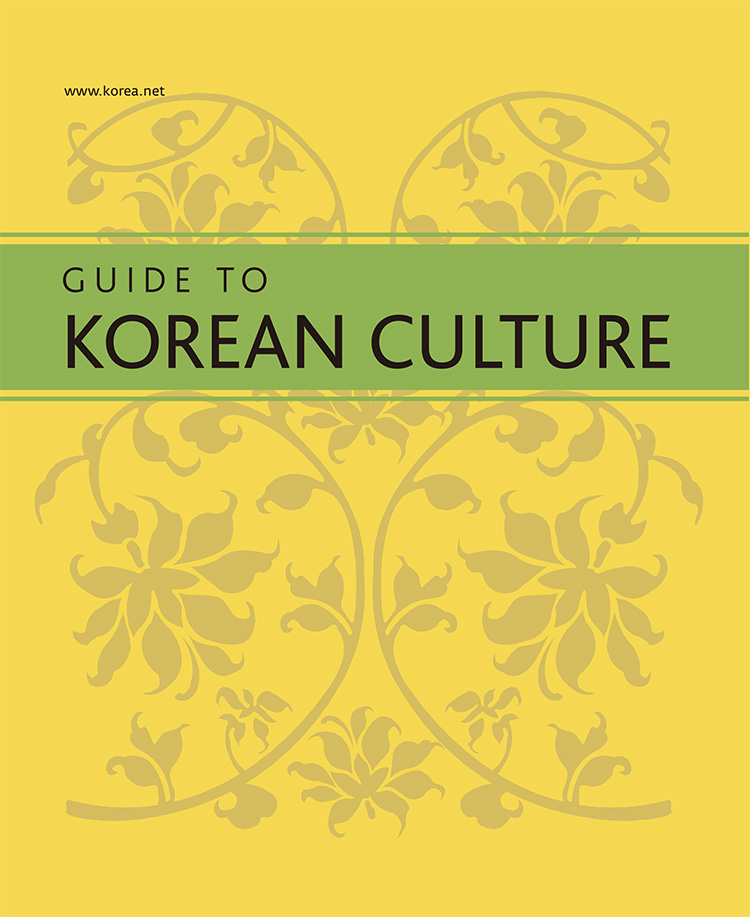Provides a comprehensive introduction about Korea s cultural heritage. Koreans take great pride in their cultural heritage and for ample reason. The ancient kingdoms of Goguryeo Baekje and Silla (1st century B.C.-A.D. 7th century) produced some of the world s most outstanding Buddhist art. Goryeo the dynasty that ruled Korea from 918 to 1392 produced inlaid celadon ceramics of impeccable beauty and the world s most comprehensive collection of Buddhist scriptures the Tripitaka Koreana flawlessly carved from over 80 000 woodblocks. Goryeo scholars took the art of printing still further by developing the first movable metal type two centuries before it appeared in Europe. The monarchs of Joseon which ruled Korea from 1392 to 1910 also supported the creation of notable firsts a rain gauge(1441) Hangeul(1443) an alphabet so scientific that modern linguists praise its efficiency and an ironclad battleship(late 16th century) Over their long history Koreans have developed a vibrant culture with unique customs that can be found throughout the peninsula and in distant lands where Korean communities continue to pass down traditions. Koreans value learning and have earned a reputation for diligence and perseverance. These traits helped foster a culture well suited to the natural surroundings of a mountainous peninsula.





